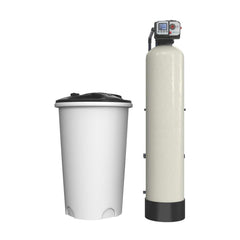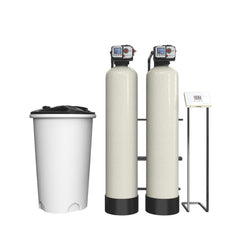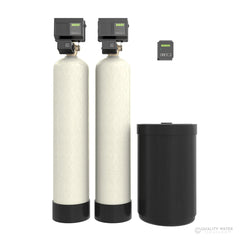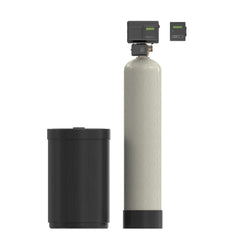
How to size a commercial water softener... and tips.
Commercial / Business Solutions
Which system does your company need?

Need Some Commercial Engineering Help?
Meet WISDOM...
WISDOM makes it simple.
30+ Types of business application calculations.
Car washes, resturants, schools, gyms, laundramats+, and more...

- instant & Easy calculation Analysis - Full Report for FREE
- Proprietary A.I. Algorithms for 30+ business types
- Instant Sizing & Commercial Product Recommendations
- Our Commercial Pro team manually checks & reviews each order for you.
- Commercial, Boilers & Cooling Tower Applications
Recommendation
Calculation Analysis
Free, Instant & Informative
Engineering Excellence
Experienced Commercial Application Team


Quality Water Treatment employs dedicated professional engineers with decades of
commercial water treatment experience.
Over the years, they have built a reputation
for designing efficient, high quality commercial water softener systems.
They are engineered and thoroughly tested to
provide years of reliable, trouble free performance with minimal maintenance.
The QWT Smart Ordering Process
How to order
- Use WISDOM
- Instant, Free Sizing Analysis - Review your WISDOM Report
- Check your recommendations
- Place your order, or discuss with our team - QWT Team Double Checks For Proper Requirements
- Our team will re-review your order to confirm that it works for you.

Commercial System
Calculation Analysis
Free, Instant & Informative
Commercial FINANCING/ Leasing Options
Easy Equipment
Financing/ leasing
A Unisource Capital®
Preferred Partner


- Quick Responses typically within 1 Day
- One Simple Application
- No Financial Statements Required
- Start-ups, financially challenged, A-D credit
- Tax Deductible
UPDATE ON Progressive Flow Design Products
Smart Usage

Progressive Flow Design uses a series of smaller tanks to respond to the current water demands of a building, rather than one big tank sized to handle the peak flow rate.
High Flow Demands:
During periods of High Flow Demand, tanks come on-line to add flow rate capacity.
Low Flow Demands:
During periods of Low Flow Demand, tanks go off-line ensuring optimal efficiency and water quality.
WHY BUY FROM US
Real Experts. Real Value.














